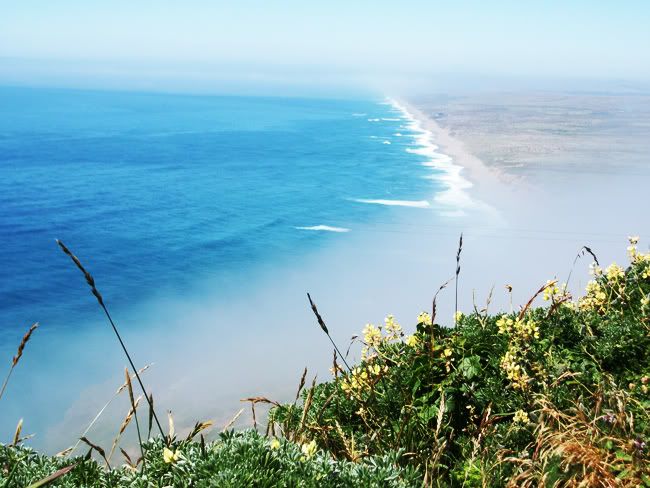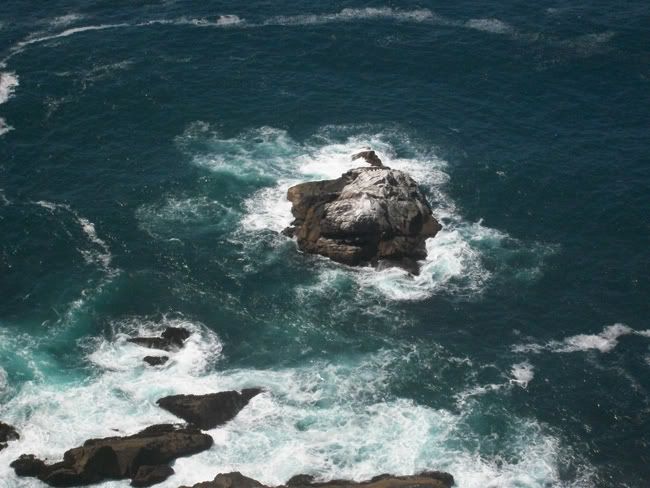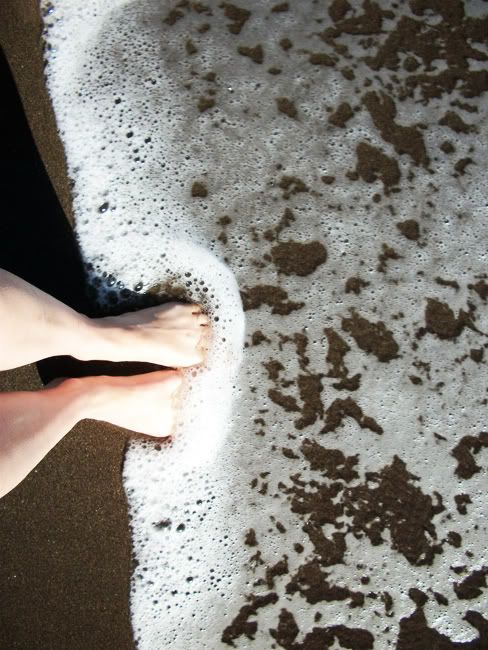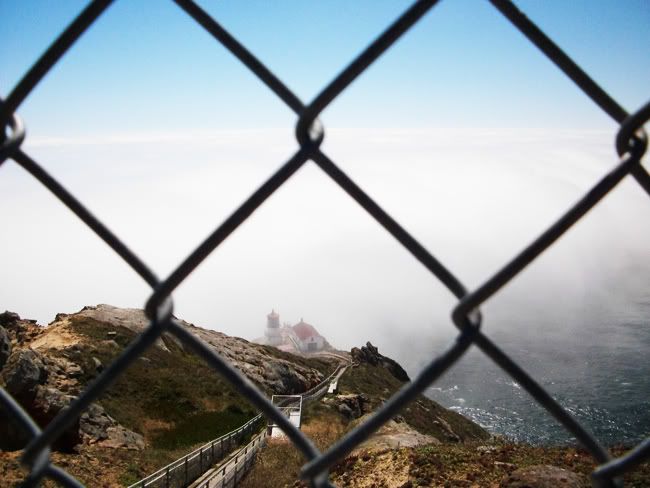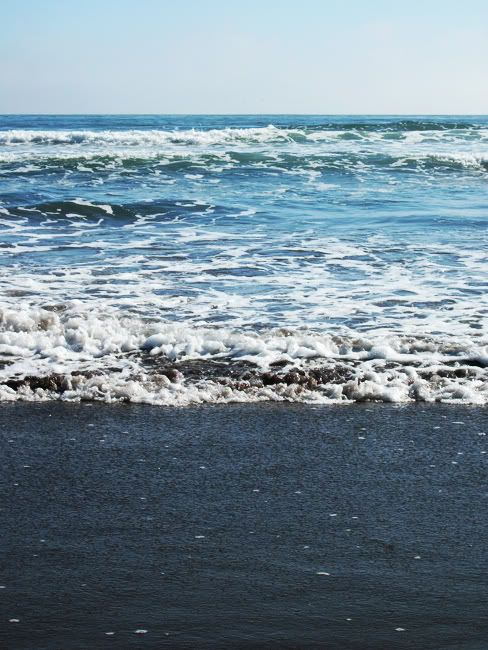. . .
Hours leap or delay on the luminous dial of Sassoon’s watch. Between dozing and waking to stare out into the night, straining to see, to evoke the colors locked into the all-comprehensive blackness, France runs past. Secret, hidden, giving only the moon, rocky hills now, with clotted patches of whiteness, perhaps snow, probably not. Then, lifting my head sleepily once, suddenly the moon shining incredibly on water. Marseille. The Mediterranean. At last, unbelievable, the moon on that sea, that azure sea I dreamed about on maps in the sixth grade, surrounded by the pink, yellow, green and caramel countries, the pyramids and the Sphinx, the holy land, the classic white ruins of the Greeks, the bleeding bulls of Spain, and the stylized pairs of boys and girls in native costume, holding hands, splendid in embroidered silks.
The Mediterranean. Sleep again, and at last the pink light of dawn along the back of the hills in a strange country. Red earth, orange tiled villas in yellow and peach and aqua, and the blast, the blue blast of the sea on the right. The Cote d’Azur. A new country, a new year: spiked with green explosions of palms, cacti sprouting vegetable octopuses with spiky tentacles, and the red sun rising like the eye of God out of a screaming blue sea.
SYLVIA PLATH.

